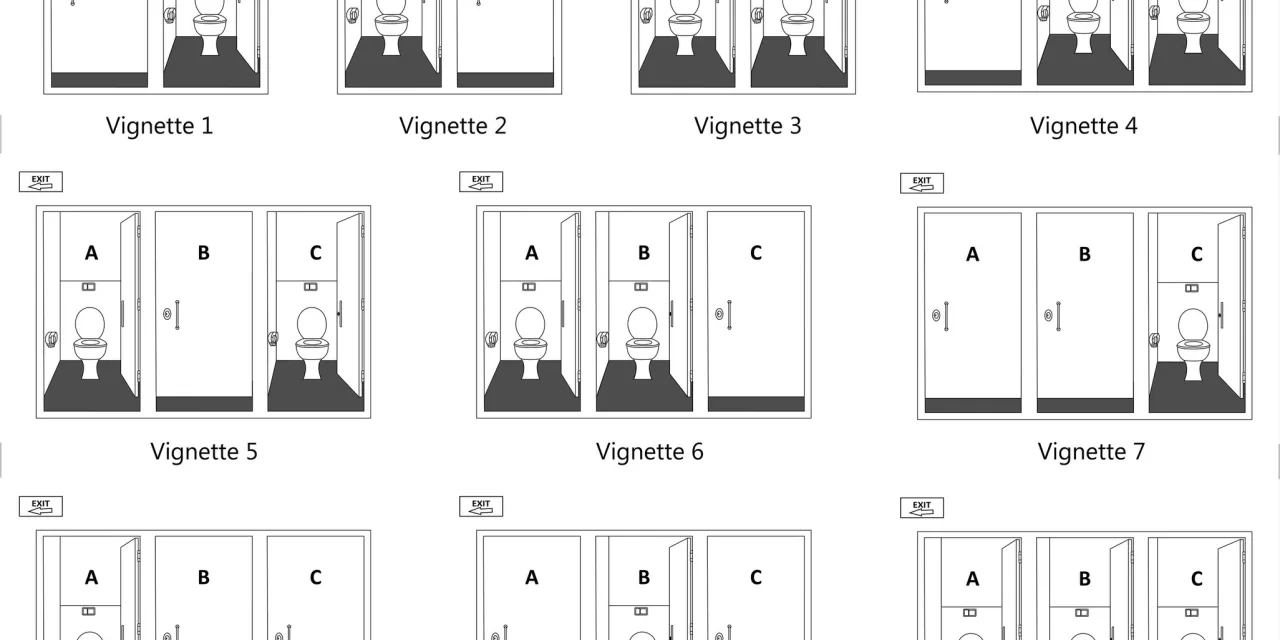In a bold and humorous move, the Queensland Department of Health has launched a campaign with an important message: “It’s okay to poo at work.” Designed to address a common yet often unspoken source of anxiety, the initiative seeks to break the taboo surrounding bowel movements in public or workplace restrooms.
The campaign, which has garnered widespread attention on social media platforms like Instagram and Facebook, is being praised by health professionals for its light-hearted yet impactful approach. A colorful Instagram post highlights the health risks of “holding it in,” such as hemorrhoids and other gastrointestinal issues, and introduces the concept of parcopresis—also known as “shy bowel” syndrome.
What Is Parcopresis?
Parcopresis refers to the difficulty or inability to have a bowel movement in public toilets due to anxiety over being judged by others. This fear can cause significant distress and may manifest in physical symptoms like rapid heart rate, sweating, and muscle tension. Many sufferers avoid using public restrooms altogether, even in workplaces or social settings, leading to broader impacts on their daily lives.
For those with gastrointestinal conditions, this anxiety can be compounded by the need to use restrooms frequently. The fear of judgment, whether from strangers or coworkers, can be overwhelming. In fact, 4 in 10 Australians live with gastrointestinal issues, making the topic of restroom anxiety more common than one might think.
Understanding the Impact
While parcopresis is often under-reported due to the private nature of the problem, a study involving 714 university students revealed avoidance rates of over 14% when participants were asked to imagine using public restrooms. The study found that women were more likely than men to avoid going to the toilet in such scenarios, especially when the bathrooms were occupied or the stalls offered limited privacy.
In workplace settings, the anxiety may be even more pronounced. The pressure to maintain professionalism can heighten the fear of being overheard or judged, particularly for individuals with gastrointestinal conditions. Frequent or prolonged bathroom breaks may cause feelings of guilt or embarrassment, further increasing stress.
Reducing Restroom Anxiety
For those struggling with restroom anxiety, the campaign offers several practical tips to help ease the discomfort. Simple techniques like identifying and challenging negative thoughts, practicing relaxation exercises, and gradually exposing oneself to public toilets in different environments can build confidence over time. Additionally, distraction methods, such as listening to music or focusing on breathing, can help create a more relaxed mindset.
If these strategies aren’t enough, health experts recommend consulting a general practitioner or psychologist. Cognitive behavioral therapy (CBT) is one option that may help individuals manage their anxiety and improve their quality of life.
A Message of Compassion
The Queensland Department of Health’s campaign is a reminder that basic human functions should never be a source of shame or anxiety. By bringing awareness to the issue and encouraging open conversations about something as simple as using the bathroom, the initiative is helping to foster a healthier and more inclusive environment—one where it really is okay to poo at work.
For anyone affected by parcopresis or restroom anxiety, the message is clear: be kind to yourself, and remember, you’re not alone.












